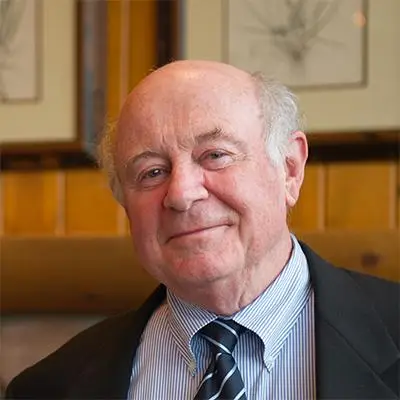New Orleanians can have it both ways—return schools to local control and build on the academic gains made since 2005. Yes, local control could mean the return of politics and bureaucracy that weaken schools and divert money away from the classroom. But it doesn’t have to be that way.
Many critics of school boards invoke Mark Twain, who famously quipped, “In the first place, God made idiots. That was for practice. Then he made school boards.” But the problem with school boards—in New Orleans’ past and across the country—is not the people but the job itself.
Under the current laws in every state, local school boards are in charge of everything from textbooks and teacher training to buses and contracts. Everybody in town wants something—from the parent who doesn’t like a teacher to the politician who wants a patronage job for a supporter—and knows the board can deliver it. Traditional boards get involved in many things that have nothing to do with ensuring that all children get a quality education.
This isn’t necessary. And the answer isn’t to avoid having locally elected school boards; appointed boards and mayors put in charge of school systems can also succumb to the temptation to satisfy demands and pay back supporters. The answer is to apply America’s greatest invention—constitutionally limited government—to public schools. Like other government bodies, school boards need limited powers and checks and balances.
Local elected school boards can be limited to making just a few meaningful decisions. They could sponsor new schools for neighborhoods and students who need them, close schools or replace the staff in schools where children don’t learn, act to ensure that schools meet their obligations to students and families through special education and enrollment, and offer new national- and community-based groups with promising ideas the chance to run schools.
State law could redefine local board powers in this way, giving the board essentially the same powers as today’s state-run Recovery School District. Individual schools would make hiring and firing decisions, set salaries, and decide how to allocate their budgets for teachers, aides, instructional materials, technology, and extracurricular offerings.
School board members could be elected without running the risk of getting captured by employee groups (because they would not employ teachers or principals) or diverting money to supporters (because the schools would control the money). Board members would have the all the power they need to ensure a neglected neighborhood or group of students got a school designed to meet their needs and to act in cases of malfeasance. The state could continue to act on behalf of neglected children by intervening when boards exceeded their powers or failed to act.
With no need for a big central office bureaucracy, almost all the money would follow students to schools; schools would be free to pay the best teachers very well or employ innovative staffing models that allow professionals to teach courses in hard-to-staff fields. Teachers and principals would decide how to best manage (and expand) school time, employ technology, and partner with neighborhood groups and cultural and scientific institutions. This could make teaching attractive to many talented people who now won’t consider it.
The board could then focus on the big picture, the overall quality of the city’s schools, and take definitive actions on behalf of children most in need of help. It would allow schools to focus on what they do best—educating students—insulated from political winds and raids on their budgets.
Some will resist this idea, pointing to the fact that the current Orleans Parish school board and superintendent are committed to protecting the school-friendly system that has emerged since 2005. But today’s leaders won’t be around forever. Unless their powers change in the ways we describe, future board members who want to meddle in school hiring or grab money for pet projects could quickly destroy what has been built.
To make local control work for children in the long term, New Orleans civic leaders need to petition the governor and legislators for a state law that would allow the city to govern its schools responsibly under constitutional principles.





